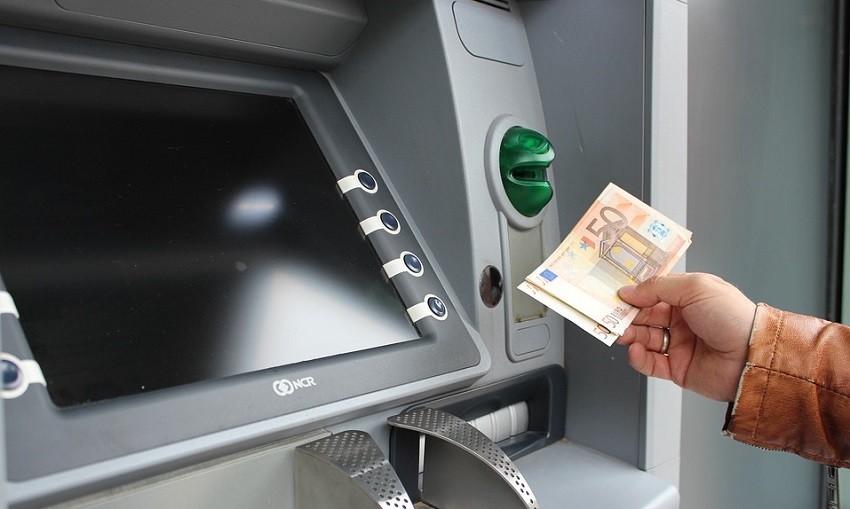The more people talk about adoption of the euro in Bulgaria, the more people seem to fear that the single European currency could lead to even higher prices in stores. In order to shed light on the issues and facts that concern Bulgarians regarding the introduction of the euro, one of the largest trade unions in this country, CITUB, invited experts for a discussion and insisted that the state develop a special mechanism aimed at transparency and clarity in pricing policy before entry in the euro area.
The big question in the backdrop of the current high inflation and incomes that are lagging behind is whether we are sufficiently prepared for the introduction of the euro and if we should wait until Bulgaria’s economy becomes competitive to those of the other member states. The fear of losing the country's monetary sovereignty and nostalgia for the Bulgarian lev also create resistance when it comes to the introduction of the European currency.
"There is absolutely no reason to believe that the adoption of the euro can lead to a faster growth of the economy and growth of incomes," says Georgi Vuldzhev from the Expert Club for Economics and Politics, who participated in the discussion organized by CITUB in Sofia:

"There are a lot of conflicting data in this regard, as well as examples of countries whose economic development has slowed down after joining the eurozone. And there are others that are developing at a faster pace. At the same time, the big problem of the eurozone comes from indebtedness. This combination of low productivity and low growth in the eurozone is very explosive and if this problem is not solved, it will most likely lead to another debt crisis that won’t be related to a small economy like Greece’s, but to a large economy like Italy’s, for example. Such a crisis would impoverish everyone in order to save these older economies. This is a big risk that the eurozone needs to clear up before we even think about joining. We have no benefits from joining in 2024 as the problem continues to worsen. We have to wait until 2043 to see how the eurozone would develop in that period. If it is reformed and solved all the problems I mentioned, then the discussion would look completely different," the analyst points out, supporting the views that Bulgaria should wait.
The economists of CITUB have recalled that the indicators of the countries that adopted the euro before Bulgaria were similar to the economy of this country at the moment. "We are already a member of the ERM-2 currency mechanism, we are already members of the European banking mechanism and banking union, we have taken enough steps and this debate for and against the euro is now late," Dobrin Ivanov, head of the Bulgarian Industrial Capital Association, says and adds:
"The biggest priority of the Bulgarian employers' organizations is to speed up the implementation of all reforms and take the necessary measures for Bulgaria's accession to the eurozone next year. Bulgarian business is well-informed and has been part of the eurozone long before the official accession, as transactions are negotiated in euro and 75% of Bulgarian exports are oriented to countries in the euro area. Partners of Bulgarian business are generally in the eurozone and we want to work in one currency unit with them.”
Editor: E. Karkalanova
Employers are contesting the rise of the minimum wage. The Bulgarian Industrial Capital Association announced that they filed a complaint in the Supreme Administrative Court. About 430,000 people in the country work for minimum wage...
If the political crisis continues, the lost benefits will reach a threshold after which the Bulgarian business will begin to lose competitiveness due to growing deficits in education, healthcare, infrastructure, regional development and demographics...
We are moving towards the option of not having a quickly adopted budget for 2025, Lachezar Bogdanov, chief economist from the Institute for Market Economics, told BNR. In presenting the institute's alternative state budget, the..
Bulgarian National Bank (BNB) Governor Dimitar Radev has met with EU ambassadors and discussed the country's upcoming accession to the..
With a growth of 2.2 percent, Bulgaria is among the top 6 countries in the EU, Caretaker Minister of Economy Petko Nikolov reported..

+359 2 9336 661
